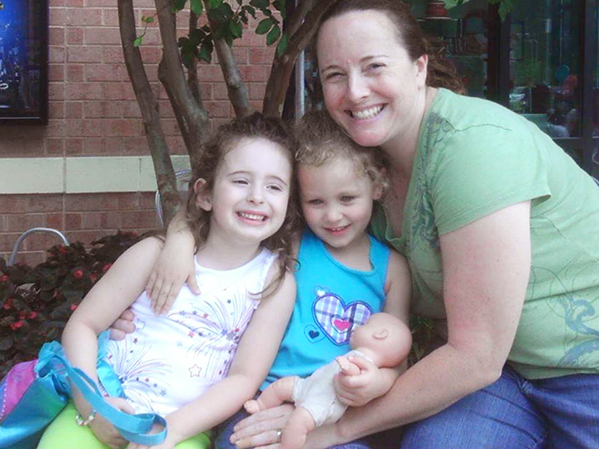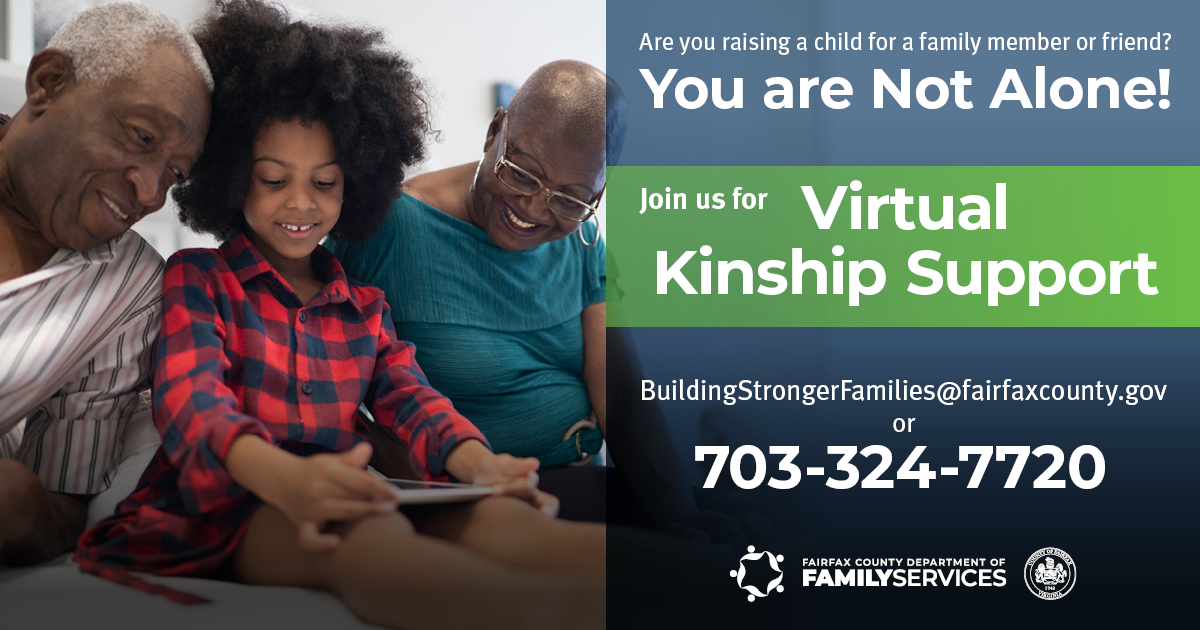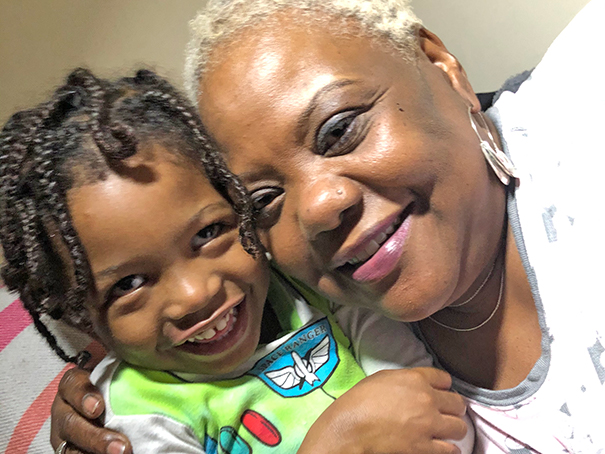(Posted 2021 March; Updated 2021 August)
If you are raising a child for a family member or friend, then you are a kinship caregiver. There is a long history of extended family members – aunts and uncles, grandparents, and even family friends – stepping in, to support and care for children when parents are not able.
Raising a relative’s child can be incredibly rewarding and have many benefits. Children in kinship placements (rather than non-relative placements) tend to experience more stability, fewer disruptions, and experience a sense of belonging from their continued connectedness to family and culture.
Often, kinship families don’t have access to financial assistance or critical community resources. Many youth have experienced trauma, and they may be unable to give voice to their difficult emotions. As a result, kinship caregivers can benefit from training and support groups.
 Amy Kean, mother of Fifi (12) and the biological aunt and recently adoptive mother of Sophia (11) explained, “Becoming a kinship caregiver can be an overwhelming and isolating experience. Finding support through the Kinship Café has been critical in helping me to recognize and more effectively address the unique issues that my family faces.”
Amy Kean, mother of Fifi (12) and the biological aunt and recently adoptive mother of Sophia (11) explained, “Becoming a kinship caregiver can be an overwhelming and isolating experience. Finding support through the Kinship Café has been critical in helping me to recognize and more effectively address the unique issues that my family faces.”
Amy continued, “Participating in Kinship Support Groups has also helped me to become part of a community of caregivers who truly understand what I am going through. Knowing that there is a group of people who are willing to listen and share what they have learned makes a huge difference to me and has helped me become a better parent to my girls.”
The Department of Family Services Parenting Education Programs invites kinship caregivers to connect with others who may have similar experiences and challenges.
One way is to sign up for the new ARC Reflections class offered virtually beginning Wednesday, June 16, 6-8 p.m. ARC Reflections provides caregivers with tools to help children and teens learn to regulate themselves, feel connected, and build strengths.
 Kinship caregiver, Annie Henderson said, “The ARC Reflections training taught me how the experience of trauma can affect children and gave me the tools to better love and support my grandsons.”
Kinship caregiver, Annie Henderson said, “The ARC Reflections training taught me how the experience of trauma can affect children and gave me the tools to better love and support my grandsons.”
“I learned how important it is to view a situation from their perspectives. They didn’t choose their circumstances, and I’m grateful I feel more equipped to care for them and provide what they need,” shared Annie.
In addition, PEP offers support and a chance to develop a network among kinship caregivers through Kinship Cafés held in the evenings from 6:30-8 p.m. several times each month. Get the specific Kinship Cafés schedule.
Learn more or or send an email or call us at 703-324-7720 for more information.


 “I love Kinship Cafés because:
“I love Kinship Cafés because: